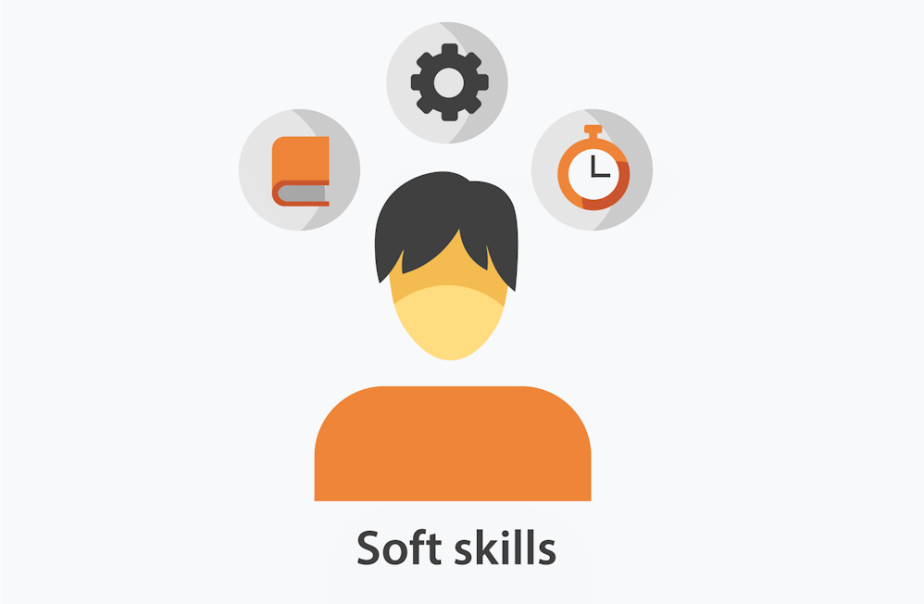
When people think about tutoring, the focus often lands on academic knowledge—expertise in maths, English, or science. While subject mastery is essential, equally important are the soft skills that tutors impart to their students. These skills, which include communication, critical thinking, problem-solving, and time management, play a pivotal role in shaping well-rounded, independent learners.
A tutor’s role extends beyond just teaching formulas or explaining historical events. Tutors help students develop the ability to think critically by asking open-ended questions and encouraging them to approach problems from different perspectives. This not only improves comprehension but also nurtures a mindset that embraces challenges. The ability to think critically translates into real-world applications, such as decision-making and creative problem-solving—skills valuable in any future career.
Time management is another soft skill that tutors instil in their students. Effective tutors guide students in breaking down assignments into manageable parts and setting deadlines, fostering an awareness of how to prioritise tasks. This planning ability becomes especially useful during exam season, where the ability to manage time effectively can make or break a student’s performance.
Communication is also at the heart of successful tutoring. Tutors teach students how to articulate their thoughts, whether it’s in explaining a concept back to the tutor or expressing difficulties they’re experiencing. This not only strengthens academic learning but also builds confidence in public speaking and interpersonal interactions.
Moreover, emotional intelligence—empathy, self-awareness, and the ability to manage one’s emotions—is a subtle yet impactful skill developed through the student-tutor relationship. Tutors who model patience and adaptability teach students to stay composed under pressure and adjust their learning strategies when faced with setbacks.
Incorporating these soft skills into tutoring sessions ensures that students don’t just memorise information but become adaptable, confident, and capable of tackling challenges independently. These are the skills that set students up not just for academic success but for lifelong learning and growth.
Freddie Le Vay

